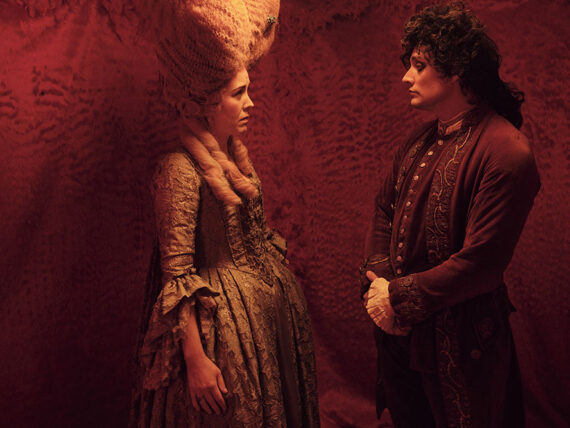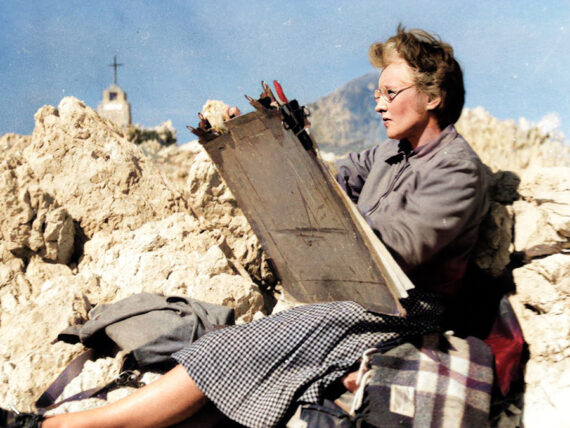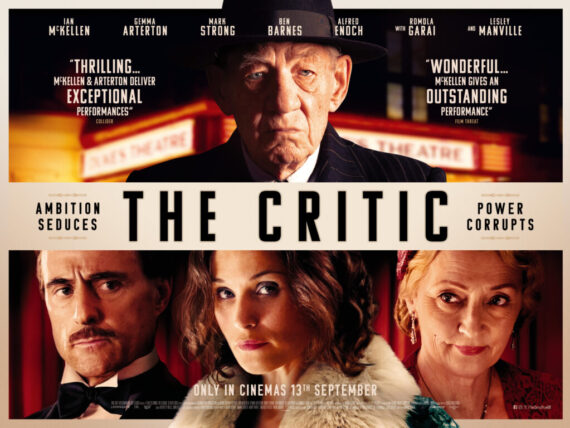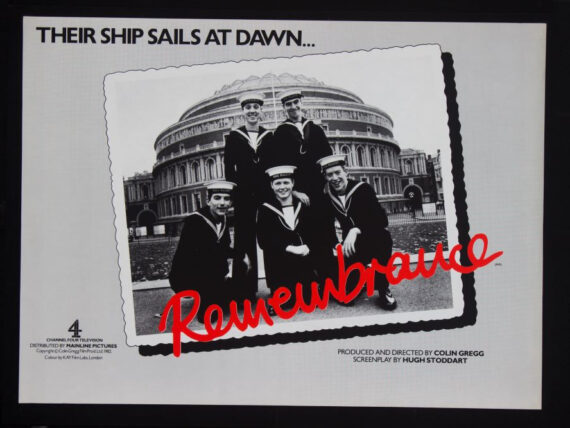Taxi Tehran is showing at Plymouth Arts Centre from 8-14 January
The internationally renowned filmmaker Jafar Panahi has, since 2010, been under a 20 year ban from the authorities from making films in his native Iran. He was also initially imprisoned then put under house arrest; he is now permitted to go outside again, though only within Iran’s borders. This was for daring to attempt to speak the truth regarding the highly controversial and purportedly fraudulent re-election of Mahmoud Ahmadinejad as the country’s president.
The characteristically defiant and irreverent Panahi has, in spite of all that is stacked against him, continued to undertake his work, though often covertly and inventively. The cheekily-titled This Is Not a Film (2011), for example, was made while he was still under house arrest and provides the sketch for a film that might have been made, rather than the one we are actually watching. It was a surprise entry in the 2011 Cannes Film Festival after it was smuggled out of Iran on a USB stick hidden inside a cake. He has also won the Silver Bear in 2013 for his work on Closed Curtain, another film apparently dealing with clandestine characters hiding from the authorities.
Taxi Tehran (or simply “Taxi” in its native country) is another one-in-the-eye for Iran’s Ministry of Culture and Islamic Guidance. Panahi (who does not name himself though is identified throughout) sets himself up as a cabbie ferrying natives around the capital. It is a fascinating, insightful and occasionally hilarious journey through daily thoughts and lives in a country dealing with the tension between modernisation and its deep-seated traditions.
The passengers are filmed for the purpose of “security” with a camera on the dashboard though, typical of Iranian film’s number one wind-up merchant, we are never wholly sure whether what we are watching is real or not. So, for instance, a dying man giving his last will and testament into an iPhone is rumbled as a possible ruse by the next passenger, Panahi’s covert supplier of pirate DVDs. The pirate himself may well be in here as a sort of joke on the authorities’ blindness to the realities of life in modern day Tehran. Panahi’s niece, the feisty and funny Hana Seidi, has her own turn showing up the absurdity of trying to exert control over what people can and cannot film in the age of everyone having a smartphone.
For all his other qualities, Panahi is a pretty lousy cab driver. He frequently gets lost, causes havoc with his passengers’ belongings (including one memorable incident with a goldfish bowl) and refuses money for his troubles. It is just as well he is a great filmmaker in that case. Taxi Tehran is significant but never preachy or heavy as a watch. Like the man himself it wears its importance with a lightness of touch and a wry smile. Panahi’s plight, like his entertaining and thought-provoking film, should be widely known.
Ieuan Jones








Comments
No comment yet.